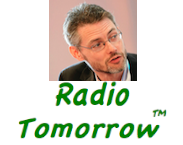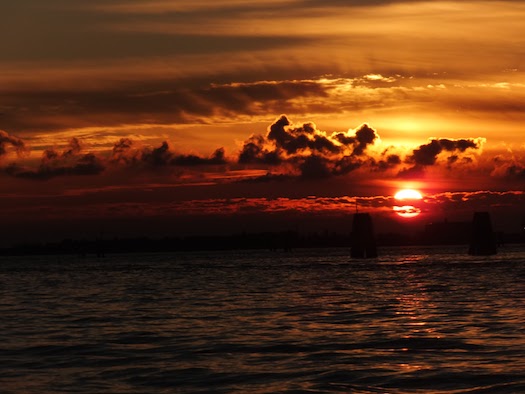Radio Tomorrow with James Cridland
BBC Radio 2 is a station that confounds radio consultants.
It has an annual programming budget of US $53m.
Tune into the station at different times of the day, and you’ll hear an up-beat breakfast show; a cosy morning music sequence and a news-based phone-in programme. There are music documentaries. There are folk shows, country music shows, big band shows, house music and religious programming. And a programme called “The Organist Entertains” – “Nigel Ogden presents a programme of popular organ recordings”.
It shouldn’t work. Yet the station’s audience continues to grow. Its weekly audience is 15.1m listeners (the UK has a 15+ population of 54m). It’s market share is 16.7%. It’s a juggernaut of a radio station – both eclectic and popular at the same time. In terms of total numbers, I believe it’s the largest radio station in Europe.
A programming budget of $53m sounds a lot – mainly because, well, it is a lot. (It spends another $16m on distribution and support). But it’s a budget that is shrinking.
In real terms, BBC Radio is having to tighten its belt. And with budget cuts, it seems, comes programming cuts. Some live overnight programming disappeared a few years ago; and at the end of this month, the BBC is axing the rest of its live overnight output.
900,000 people tunein to overnight Radio 2. They’ll be left without any live programming between midnight and 5.00am. Instead, listeners will hear repeated programmes and some voicetracked music shows, running on an automation system that has more than its fair share of problems.
They’re not the only ones. Automated programming overnight is now the rule, rather than the exception. In Ireland, there’s one station – a Dublin commercial station – that has a live presenter overnight. All the rest are automated.
You could argue that audiences who listen overnight might be rather more in need of human connection than those during the day. It’s certainly the case that audience feedback for overnight shows is surprisingly high. The shift workers or the insomniacs are never shy about contacting their favourite radio station.
Overnight radio is also a training ground for new broadcasters. There’s nowhere better to learn your craft, and appreciate what a difference you can make to your audience’s lives.
So it’s disappointing to hear that BBC Radio 2 – with its $53m budget – is retreating from live overnight programming.
A human connection is one of the main differences between real radio and a Spotify playlist; and it seems a shame to wilfully destroy that.
About The Author
 James Cridland is a radio futurologist: a writer, speaker and consultant on the effect that new platforms and technology are having on the radio business across the world.
James Cridland is a radio futurologist: a writer, speaker and consultant on the effect that new platforms and technology are having on the radio business across the world.
He writes for publications across the world, and runs media.info the worldwide media information website. He also runs a free weekly newsletter with news of radio’s future.
British by birth, James lives in Brisbane, QLD and is a fan of craft beer.

